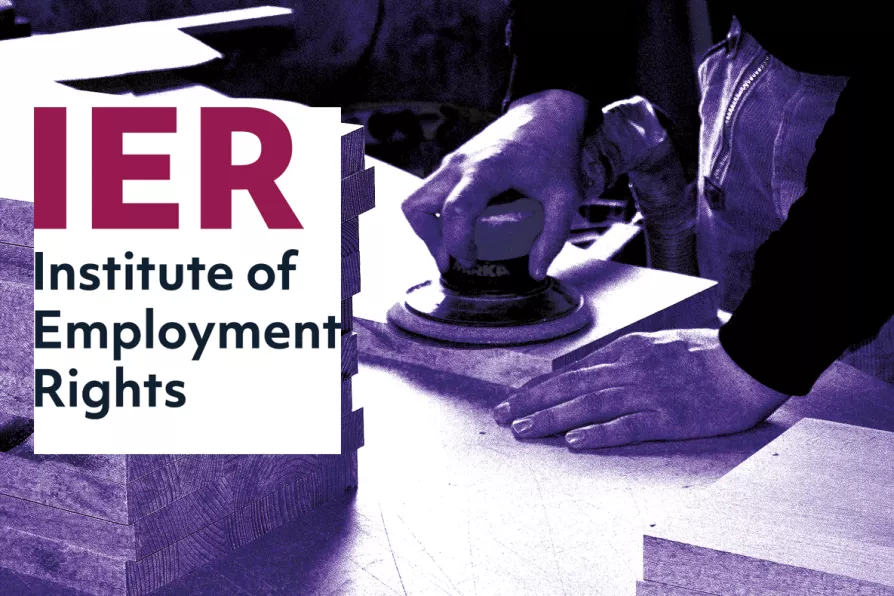The newly elected general secretary of the Aslef train drivers’ union speaks to Ben Chacko about union wins, a welcome shift in approach to the rail sector and what still needs to be done


Before Covid, a team of experts set out, for the Institute of Employment Rights (IER), a transformative programme for future work relations in Britain. The aim? To improve the poor working conditions prevalent in this country pre-Covid, since exposed and made worse by the pandemic.
Pre-Covid conditions
- Average wages had not increased in real terms for 12 years;
- 5.1 million people earned less than the real living wage (£9.30 per hour);
- 8.3 million people in working households lived in poverty;
- 1 million workers were on zero-hours contracts;
- 3.6 million workers were in insecure work;
- 75 per cent of workers were on terms and conditions determined unilaterally by employers.
Covid impact

The Bill addresses some exploitation but leaves trade unions heavily regulated, most workers without collective bargaining coverage, and fails to tackle the balance of power that enables constant mutation of bad practice, write KEITH EWING and LORD JOHN HENDY KC

It is only trade union power at work that will materially improve the lot of working people as a class but without sector-wide collective bargaining and a right to take sympathetic strike action, we are hamstrung in the fight to tilt back the balance of power, argues ADRIAN WEIR











